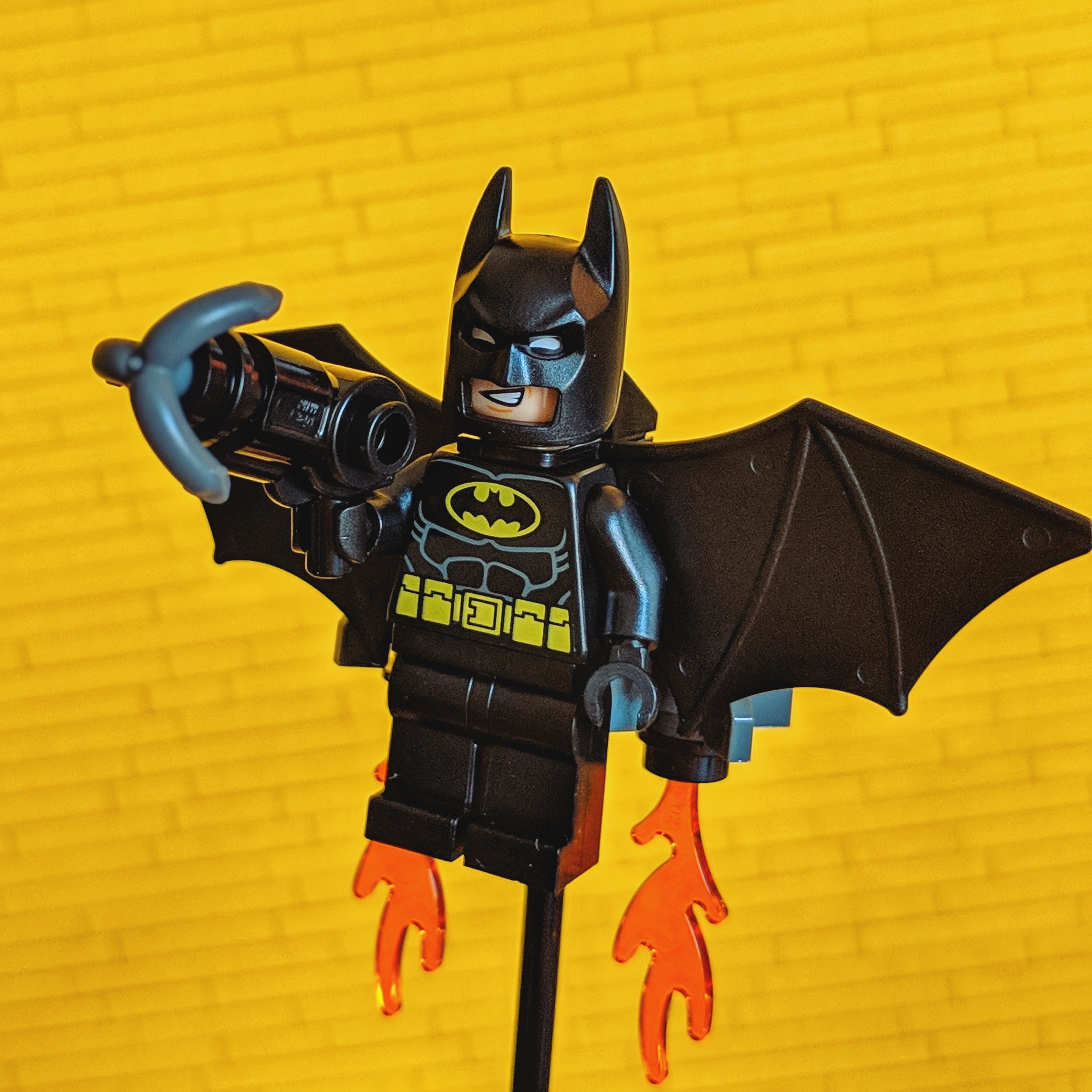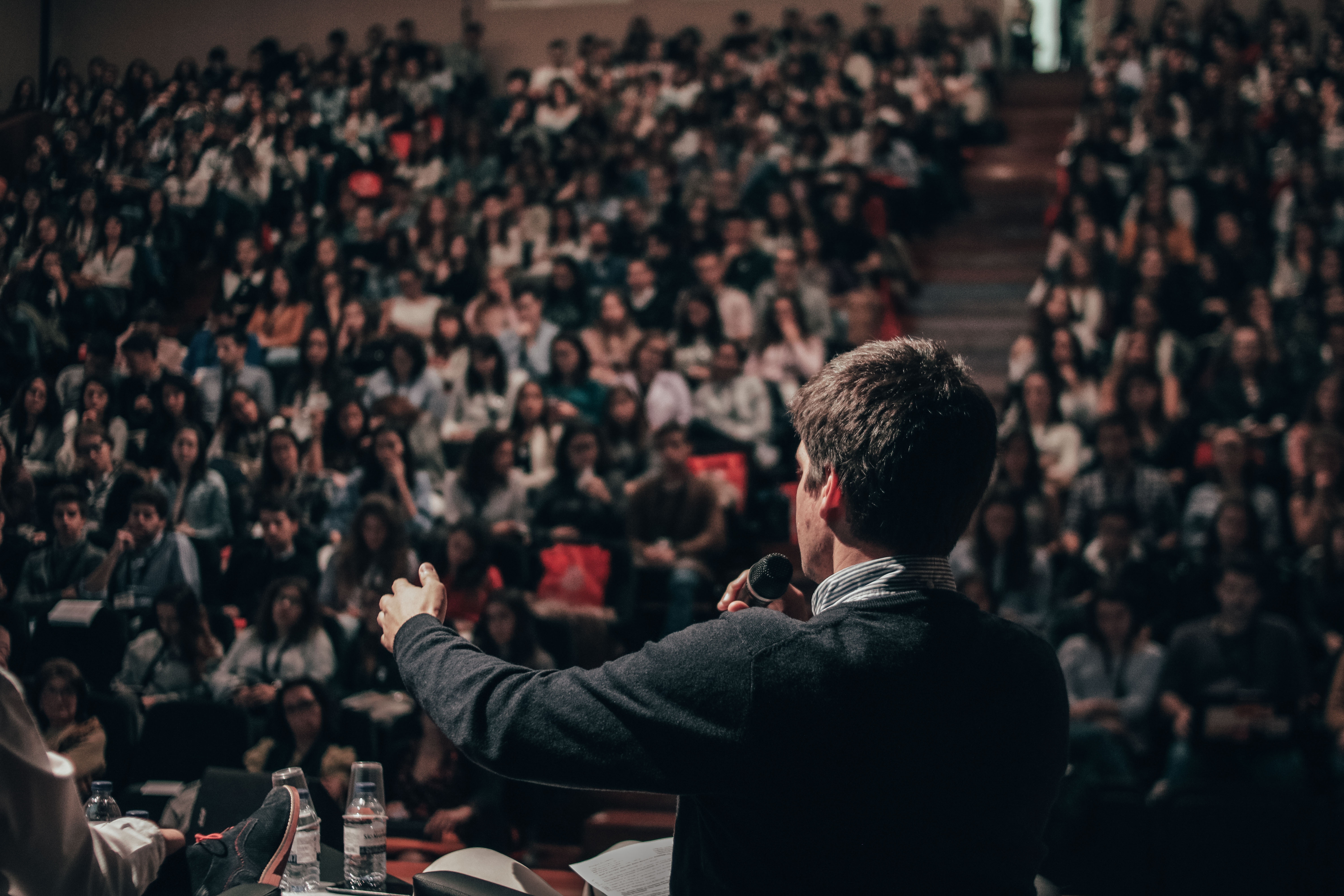It was only 18 months ago that I publicly wrote that one of my deepest dreams was to present a TED talk. I’ve changed my mind and here’s why.
TED and our appetite for ideas
The other night, scrolling through TED episodes for some pre-bedtime listening, I was suddenly reminded of a verse in parentheses from the book of Acts:
(It should be explained that all the Athenians as well as the foreigners in Athens seemed to spend all their time discussing the latest ideas.)
Like Greco-Roman society 2,000 years ago, our society loves ideas. I love ideas – that’s why I listen to Waleed Aly and Scott Stephens on The Minefield podcast, and talk politics and philosophy with anyone who’s interested.

And it’s why I started watching TED talks. TED is all about ideas; its mission is to spread ideas.
A colleague who attended TEDx in Sydney observed that it was like religion for unreligious people, and I had a sense of that even when I wrote that “TED talks are pretty much secular sermons”. It’s why I have a love-hate relationship with them.
As I said, I love ideas and TED talks are so darn easy to listen to – they make your brain feel warm and fuzzy, like you’re smarter without having had to do the hard yards of actually studying.
But when I scanned through the list of talks and started to stumble on some duds, I felt a bit cheated. They got invited to do a TED talk on that?
I mean, pretty anyone and everyone is an activist, a thought leader, a changemaker. There was a woman who founded an organisation championing confidence of all things, premised on the idea that confidence is the difference between inspiration and taking action. Um, good for you but it’s hardly like you invented sliced bread.
TED as religion
On the one hand, it’s great that TED is providing a platform for people to share about lesser known community-based initiatives. That woman who started a running club for homeless people. The lady who promotes spoken word poetry to help teenagers express themselves. And all the science talks that make highly specialised expertise accessible to the layperson.
But, without demeaning the individual passions and achievements of presenters (except, perhaps Confidence Woman), taken as a whole, TED has an air of hokey humanism about it.
Aren’t ideas AWESOME?
Aren’t people AWESOME?
Aren’t we all making the world a more AWESOME place?

It seems geared to generate a sense of hope in humanity. It says, essentially, “Let’s create a paradise on earth”. A godless paradise – which is hardly paradise at all.
I think some of the feelgood stuff does hint at human potential, a closer approximation of how we were created to be – loving each other, in community with each other, in harmony with our natural environment.
Returning to the quote I shared at the start, it’s interesting what Paul says after the parentheses:
So Paul, standing before the council, addressed them as follows: “Men of Athens, I notice that you are very religious in every way, for as I was walking along I saw your many shrines. And one of your altars had this inscription on it: ‘To an Unknown God.’ This God, whom you worship without knowing, is the one I’m telling you about. (Acts 17:22-23)
It points to that part of us humans that’s wired for religious experience. Our increasingly “secular” society doesn’t worship less than it used to – it’s just transferred its worship away from the traditional God or gods, to money, science and humanity.
And for me, the “Unknown God” of Athens remains the “Unknown God” of postmodern societies – representing all that we’re still yet to wrap our minds around, the object of all the wonder we still feel and existential craving we continue to experience. When we strive to know more, fix more, be more, we’re really striving to fill a void in us. And everything we don’t understand finds their answer in the God who made and loves us.
TED and the worst of me
So the quasi-religious nature of the TED ethos makes me a little uneasy, but the main reason I’m ditching this dream is far more personal.
There are some great TED talks out there. From people who have done significant public things (eg. Gary Haugen founding IJM) and people who have done hilariously awesome personal things (eg. the woman who used maths to game the online dating system).
I’d like to do something worthy of presentation at TED – in fact, I gave this as a primary reason for holding this as a deep dream of mine. But I’ve since realised that the combined temptations of accomplishment and acclaim would be a lethal dose of sugar to my diabetic ego.
The truth is, a large part of my backflip on the TED dream has to do with me realising that I cannot detach it from my desire for recognition. It’s a desire I don’t want to fuel.

After all this time, part of me is still desperate for significance, to be Somebody. And I can get to thinking that I can find significance in my achievements, or in commanding a stage and having an audience. Sometimes life feels like an ongoing struggle to quarantine my sense of self-worth from these things – to remind myself that first and foremost I am made in God’s image.
We say that all individuals are equal by virtue of their humanity – that’s human rights in a nutshell, and it’s a point on which the secular world agrees with the Bible. And yet, we seem to have filled our culture with countless things that promote inequality, that add value to us. We do this when we assess individual worth based on physical appearance or beauty, job title and income, social media following and “influence”.
It’s really hard not to let these things impact the way we see ourselves, and therefore how we live our lives. That’s why I’m taking presenting a TED talk off my list of dreams. I don’t want to aim for something that’s ultimately unhealthy for me.
Not all dreams are noble and beautiful. Sometimes they’re shiny and we’re partial to shiny objects. But maybe we need to take a closer look at the substance of our dreams and what they reveal about both our values and our sense of value.



4 comments
Wow! What a powerful piece! Ruminating on your words tonight and wondering what my TED talk is. Thank you for writing this.
Thanks for reading and commenting, Jazzy. I’m so pleased you found it thought-provoking?
Enjoyed reading this.
?